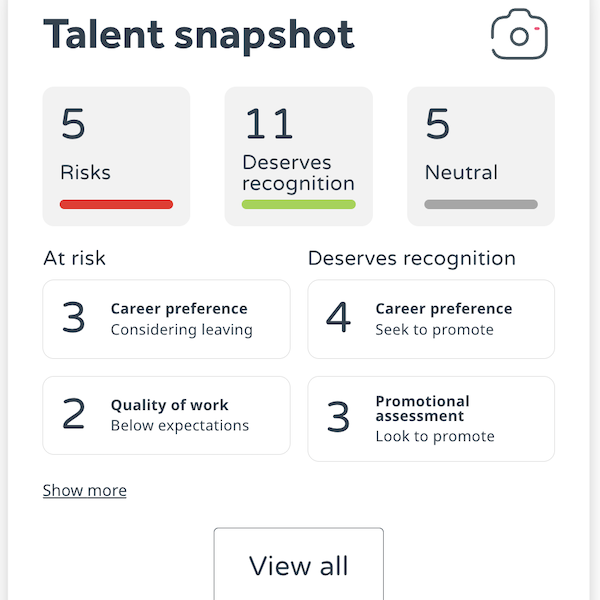Having experienced the highs and lows of lockdown together, we have collectively demonstrated a new sense of compassion. Organisations now have an opportunity to rethink the way their business models are working. As a result, a new culture of listening, learning and doing is on the horizon.
More compassionate workplaces are emerging and they provide a solid grounding for better teamwork, increased productivity, reduced levels of stress, and better leadership.
Why is employee wellbeing critical right now?

While the upside in the global crisis is this outpouring of newfound compassion, the downside has been the collective anxiety and fear we have witnessed. Employees are unable to function to their usual standards, causing a decline in productivity, motivation and quality of work.
Therefore, empathy, kindness and support are required on an individual level like never before. So far, leaders and managers have been more willing to engage with employees and provide this empathy, kindness, and support.
How business leaders can help remote teams
Firstly, people need to feel they have some control over the way they work and it is up to managers to listen and help employees. Heavy-handedly exerting control over a workforce that is already under pressure will only squash creativity and innovation, two things that businesses need now more than ever, to recover.
Secondly, it is very easy for employees working remotely to slip under the radar. Employees who are delivering the work can easily get sucked into a vacuum. It is up to managers to regularly check-in with all employees, not just those who are more obviously struggling.
Listening and feedback are critical for remote working environments, even more so since the onset of Covid-19. Choosing effective digital tools in the new remote world is essential for delivering this. This requires a deeper understanding from managers towards their teams through communication platforms and the use of survey software to gather feedback from employees.
The role of an employee survey
Any communication tool can help people stay in touch, but whatever the platform, it doesn’t guarantee quality in interactions. This comes down to communication skill and a big part of this is listening. One of the ways employers can make people feel heard is to simply ask them how they are feeling. An employee survey is a comprehensive way of doing this.
A survey can help employers to understand what’s different for remote employees, what they need to perform at their best and what additional needs they have as a direct result of the pandemic.
Managers won’t be able to solve everything, but really listening to individual employees will help engagement significantly, and we all know that engaged employees are far more productive than those who aren’t.
Negating employee concerns, including anxiety about the returning lockdown, will require managers to think carefully about individual circumstances. However, many employees may find it difficult to reveal their worries in a Zoom call or over the phone. Such information can be gleaned from a comprehensive employee engagement survey, which enables a manager to identify issues and concerns of individual employees.
In a time of such uncertainty and fear, strong and consistent people management will be critical for businesses moving forward. Brands will be judged on how they have responded during Covid-19.
This means recognising individual differences and understanding the challenges in personal situations. Employee surveys are a great way of gathering the employee data needed to take appropriate action.
About WeThrive
Employee Engagement, Evolved
WeThrive is the agile employee engagement platform that uncovers how your people truly feel, enabling managers to create highly effective teams, increase employee retention and employee wellbeing and deliver better business results.
Try the survey to learn more.



